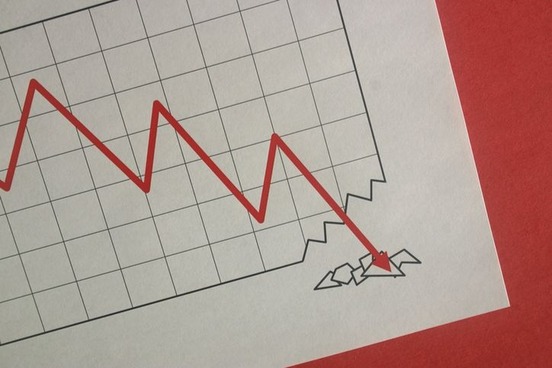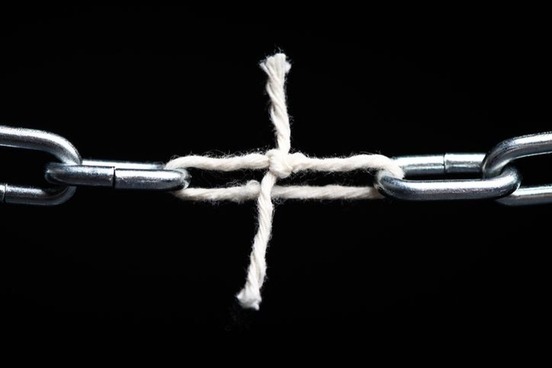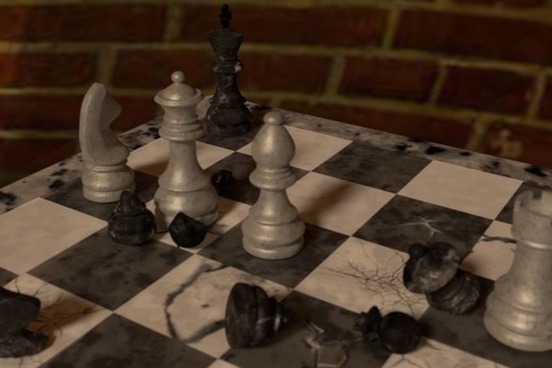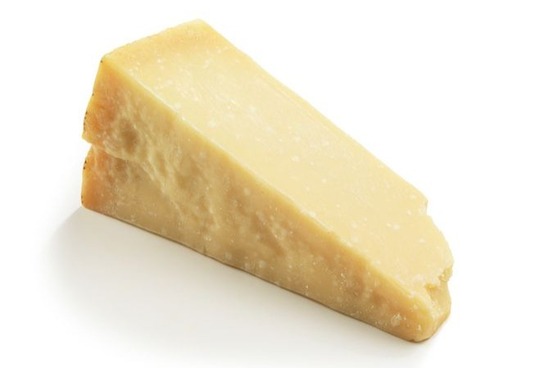
Pessimum
Definition - the least favorable environmental condition under which an organism can survive
Pessimum is often found used in scientific contexts, but that doesn't mean you may not employ it in a variety of broadened or figurative senses. The word comes from the Latin pessimus ("worst"), and has been in use, and applicable to describe the condition of your child's room, since the early 19th century.
Houses dilapidated and deserted; fences gone, fields grown up in broom grass and pine sapplings; people grown scarcer; wild animals more plenty; and the cultivation of the earth, reduced, I would say to the minimum and the pessimum of human subsistence.
— The Fayetteville Observer (Fayetteville, NC), 5 Jul. 1826

Satisfice
Definition - to pursue the minimum satisfactory condition or outcome
Satisfice is thought to be formed by blending satisfy, and suffice, and is the perfect word to describe your actions just prior to your parents being quietly disappointed in you.
This is a striking exception to the conclusion of March and Simon ... that organizational decision-making is normally concerned not to maximise but to satisfice (p. 141) because to get the best rather than what is just good enough, is more difficult by several orders of magnitude.
— T J Barrington, Journal of the Statistical and Social Inquiry Society of Ireland, 1960

Mismarriage
Definition - an unsuitable marriage or union
The English language, rich in the description of cooled ardor and poor choices, has a variety of words which may be grouped in the category of 'marital/bad.' For instance, we have a number of distinct words for referring to marriages between people who are socially unequal. There is mésalliance ("a marriage with a person of inferior social position"), hypogamy ("marriage into a lower caste, class, or social group"), and the astonishingly specific morganatic ("of, relating to, or being a marriage between a member of a royal or noble family and a person of inferior rank in which the rank of the inferior partner remains unchanged and the children of the marriage do not succeed to the titles, fiefs, or entailed property of the parent of higher rank").
But what of the marriage that is composed of social equals, yet still manages to be unsuitable? English has that covered as well, for mismarriage is broad enough to describe unhappy unions of any sort.
It is immaterial to the world whether this was a cause of sorrow to her or not. If so, she bore it meekly, thanking God that he vouchsafed to keep her from the greater sin of mis-marriage.
— The Delaware Gazette (Delaware, OH), 9 Nov. 1860

Zugzwang
Definition - the necessity of moving in chess when it is to one's disadvantage
Upon discovering that one is faced with a seemingly hopeless situation and boxed in on all sides by one's opponents, there is nothing that so bespeaks of one's elegance and savoir faire as appropriating a technical chess term from German to describe one's predicament. Actually, that's not true; there are many things which more clearly bespeak elegance and savoir faire. But zugzwang is from German, and is also taken from the jargon of chess.
Suppose, by your inept play, you get yourself into a bad box and any piece you move anywhere will mean trouble for you. This condition is described only in German, "zugzwang." It means, roughly translated, "You're in a jam, buster."
— William L. Ryan, The Anniston Star (Anniston, AL), 10 Jul. 1972

Catastrophize
Definition - to imagine the worst possible outcome of an action or event : to think about a situation or event as being a catastrophe or having a potentially catastrophic outcome
The action of the worrywart par excellence, catastrophize has a bit of an odd history. Henry Cockeram defined it in 1623 as "to end a comedie, or the like," which is less confusing when one realizes that the earliest meaning of catastrophe referred to the final action of a play.
Somewhat after this the word begins to crop up occasionally, in the sense "to make a catastrophe of," using catastrophe in the "fiasco" sense.
Mauger the Malice of this Cursed Crew,
Who, tho' for ever Damn'd, han't half their Due;
For turning of these Faculties Divine,
Not as they ought to serve, but undermine,
And to Catastrophise God's Wonderful Design;
— Anon. A Satyr Against Ingratitude, 1699
The word was always quite rare, and thus little recorded in dictionaries. But in the middle of the 20th century psychologists gave it a new sense, defined above, and now catastrophize has been pulled ever so slightly back from utter oblivion.
The tendency to catastrophize, to worry, spirals down and leads to depression, guilt feelings and even suicide.
— The Muncie Evening Press (Muncie, IN), 24 Mar. 1966

Hard Cheese
Definition - tough luck —often used interjectionally
If you are not British, but would like to annoy someone who is, by reducing the extraordinary linguistic variety of the United Kingdom to a bad Cockney accent and handful of faux-Dickensian phrases, then hard cheese may be just what you are looking for. For this way of responding to everything from stubbing a toe to losing a limb is chiefly found in British use.
He (Mawer) scratched his head and said, "That's hard cheese, but we'll just have one mawer band in."
— Hull Packet (Hull, Eng.), 21 Nov. 1884

Malheur
Definition - misfortune
Sometimes you need a fancy word to describe the fact that things have not turned out quite as you had hoped. Malheur is very fancy (if by 'fancy' you mean 'comes from French, is archaic, and will confuse most people'), so you should have it ready for when your life next takes a turn for the worse. The word comes from the Old French maleur, which itself is a combination of mal ("bad") and eür ("fortune").
And prayis you according to your promeis to discharge your hart vnto me: vtherwayis I will think that my malheur and the gude handlyng of hir that hes not the thirde pairt of the faythfull nor willing obedience vnto you that I beir.
— George Buchanan, Ane detectioun of the duinges of Marie Quene of Scottes thouchand the murder of hir husband, 1571





